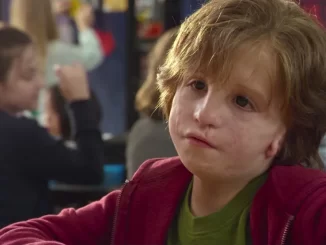Few films capture the essence of adolescence quite like Little Darlings. Released in 1980, this coming-of-age comedy-drama, starring Tatum O’Neal and Kristy McNichol, became a cultural touchstone for its raw, honest portrayal of teenage life. Directed by Ronald F. Maxwell, with a screenplay by Kimi Peck and Dalene Young, the movie is as poignant as it is funny, striking a delicate balance between humor and heartfelt moments.
With a tagline that cheekily warns, “Don’t let the title fool you,” Little Darlings challenged expectations and explored the complexities of growing up. Let’s take a closer look at what made this film iconic and why its stars, Tatum O’Neal and Kristy McNichol, remain unforgettable.
The Plot That Resonated with Teen Audiences
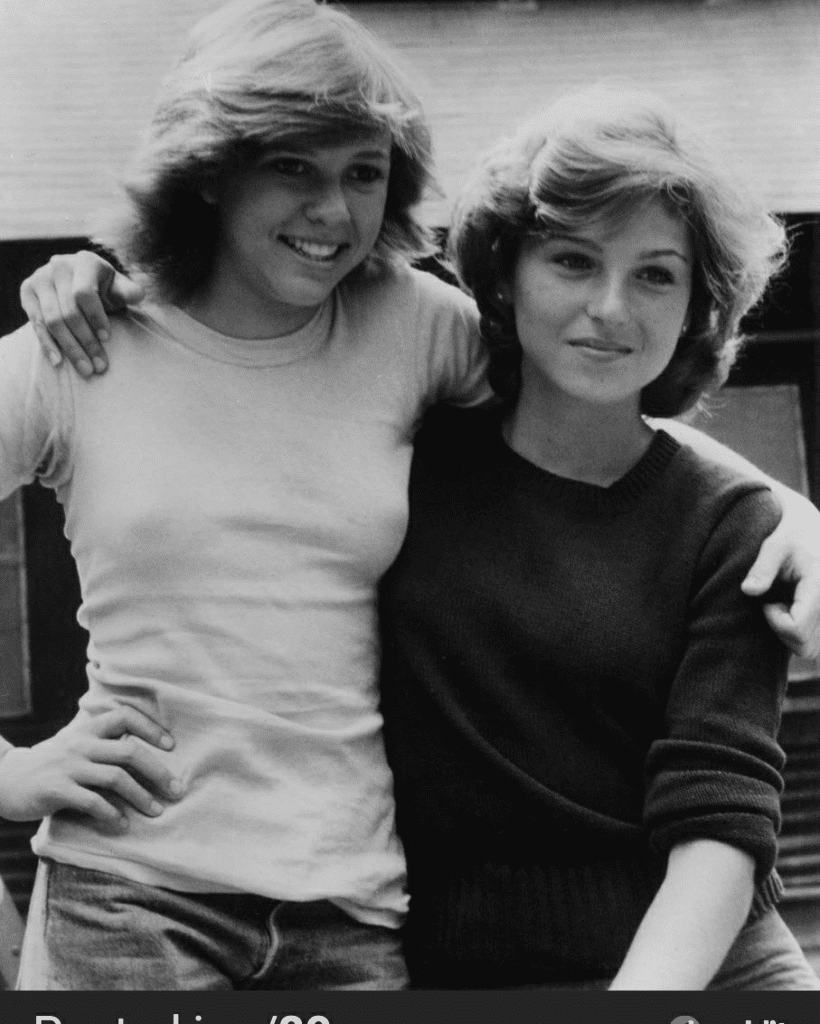
Little Darlings follows two teenage girls, Ferris Whitney (played by Tatum O’Neal) and Angel Bright (Kristy McNichol), as they embark on a summer adventure at an all-girls camp. Despite their contrasting personalities—Ferris being the privileged, polished type and Angel exuding a tough, rebellious charm—the two find themselves at the center of a camp-wide wager: who will lose their virginity first?
What makes this premise so compelling is the way the film handles it. Rather than relying on cheap laughs or clichés, Little Darlings delves into the vulnerability, fear, and curiosity that accompany sexual initiation. It’s no wonder that famed critic Roger Ebert praised the film for treating this “awesome and scary subject” with dignity.
The Dynamic Duo: Tatum O’Neal and Kristy McNichol
The heart of Little Darlings lies in the performances of its two leads. Both Tatum O’Neal and Kristy McNichol brought depth and nuance to their roles, elevating the film beyond a typical teen comedy.
Tatum O’Neal, already an Academy Award winner at the age of 10 for her role in Paper Moon, was no stranger to the spotlight. Her portrayal of Ferris was equal parts charming and complex, capturing the insecurities hidden beneath her character’s privileged exterior. Coming from a family of Hollywood royalty, O’Neal’s personal life often mirrored the turbulence of the characters she played, adding a layer of authenticity to her performance.
Kristy McNichol, on the other hand, brought grit and relatability to Angel Bright. Known for her Emmy-winning role in the TV drama Family, McNichol was a rising star in the late 1970s and early 1980s. Her ability to convey raw emotion and vulnerability made Angel a character audiences could root for. McNichol’s real-life struggles with fame and mental health only deepened the public’s admiration for her talent.
Together, O’Neal and McNichol created a dynamic chemistry that carried the film. Their friendship, rivalry, and eventual understanding formed the emotional core of Little Darlings.
A Strong Supporting Cast and Memorable Moments
While O’Neal and McNichol shine as the leads, the film’s supporting cast added depth and humor to the story. Armand Assante and Matt Dillon, both in early stages of their careers, played pivotal roles as love interests, showcasing the awkwardness and charm of teenage romance.
Matt Dillon, in particular, stood out as Randy, a bad boy with a soft side. His scenes with McNichol’s Angel captured the bittersweet nature of first love, leaving a lasting impression on audiences.
The film’s humor is another highlight, with moments of lighthearted mischief and camp shenanigans balancing its more serious themes. And let’s not forget the scene that inspired the tagline, where Angel warns Randy, “Don’t let the name fool you,” solidifying the film’s place in pop culture history.
Breaking Boundaries: A Progressive Narrative for Its Time
Little Darlings was groundbreaking in its portrayal of teenage girls as fully realized individuals with their own desires, fears, and agency. In an era when many teen films relied on stereotypes, this movie dared to explore topics like sexual awakening and peer pressure with honesty and sensitivity.
The film also tackled the idea of socioeconomic differences through the characters of Ferris and Angel. Their rivalry and eventual bond highlighted the ways in which shared experiences can bridge divides, a theme that remains relevant today.
The Impact of Roger Ebert’s Praise
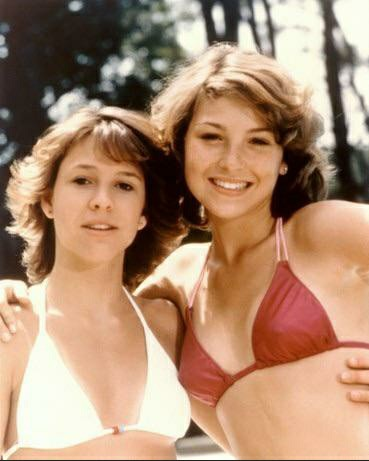
Roger Ebert’s endorsement of Little Darlings played a significant role in legitimizing the film’s themes. While many critics dismissed teen comedies as frivolous, Ebert recognized the depth and dignity of its storytelling. His review highlighted how Little Darlings succeeded in addressing the complexities of adolescence without condescension or sensationalism.
Ebert’s praise not only validated the film but also encouraged audiences to see it as more than just a teen flick. Decades later, his words still resonate, cementing the film’s legacy as a classic.
Kristy McNichol: A Star Who Defined an Era
Kristy McNichol’s career is inseparable from her role in Little Darlings. Born in Los Angeles to a working-class family, McNichol began acting at a young age to support her family. Her breakthrough role as Buddy in Family earned her two Emmy Awards and made her a household name.
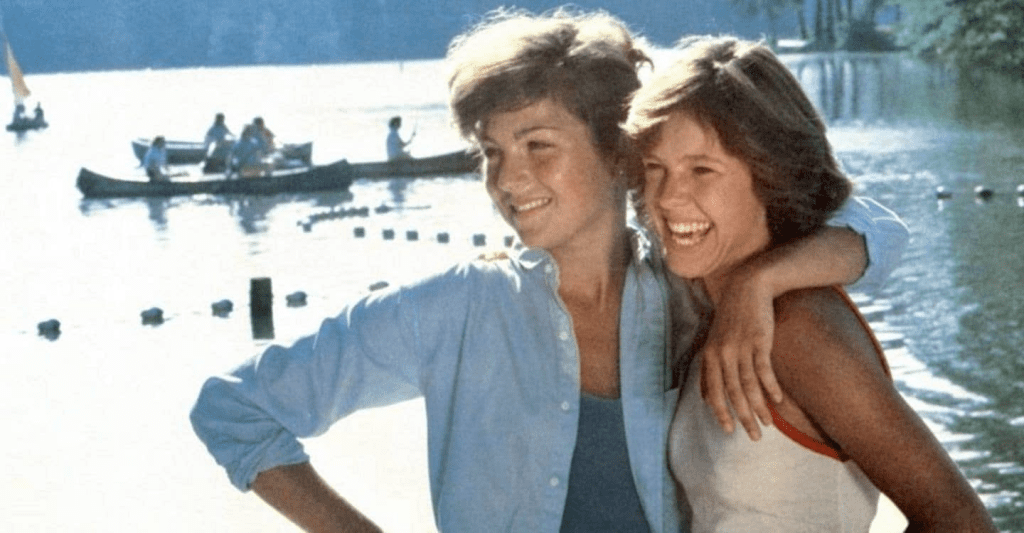
Despite her success, McNichol struggled with the pressures of fame. By the time she retired from acting in 2001, she had already left an indelible mark on Hollywood. Her performance in Little Darlings remains one of her most celebrated achievements.
Tatum O’Neal: Hollywood’s Youngest Oscar Winner
Tatum O’Neal’s life story is as compelling as her film roles. Born to actors Ryan O’Neal and Joanna Moore, Tatum grew up in the spotlight. Her Academy Award win for Paper Moon at just 10 years old set a high bar for her career, and she continued to captivate audiences in films like The Bad News Bears and Nickelodeon.
In Little Darlings, O’Neal’s portrayal of Ferris showcased her ability to balance humor and vulnerability. Her performance was a reminder of why she remains one of the most talented actresses of her generation.
Why Little Darlings Still Resonates Today
More than 40 years after its release, Little Darlings continues to hold a special place in the hearts of fans. Its honest depiction of adolescence, combined with standout performances from its cast, makes it a timeless classic.
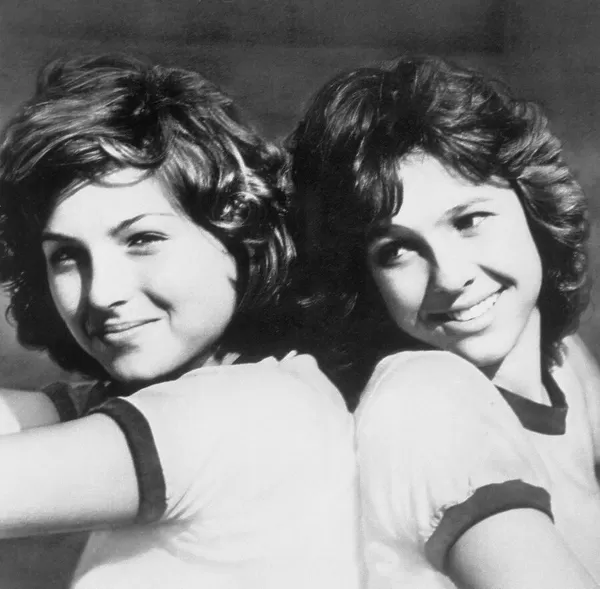
The film’s willingness to tackle taboo topics with grace and humor set it apart from its peers. At its core, Little Darlings is a story about growing up, finding yourself, and learning to navigate the complexities of life and relationships.
Conclusion: A Coming-of-Age Story for the Ages
Little Darlings is more than just a teen comedy-drama—it’s a cultural milestone. With unforgettable performances from Tatum O’Neal and Kristy McNichol, a progressive narrative, and a mix of humor and heart, the film remains a standout in the coming-of-age genre.
For anyone who has ever faced the challenges of growing up, Little Darlings serves as a reminder that those awkward, transformative years are universal. It’s a film that not only entertains but also resonates on a deeply human level, proving that great storytelling never goes out of style.

